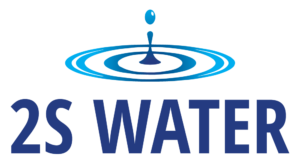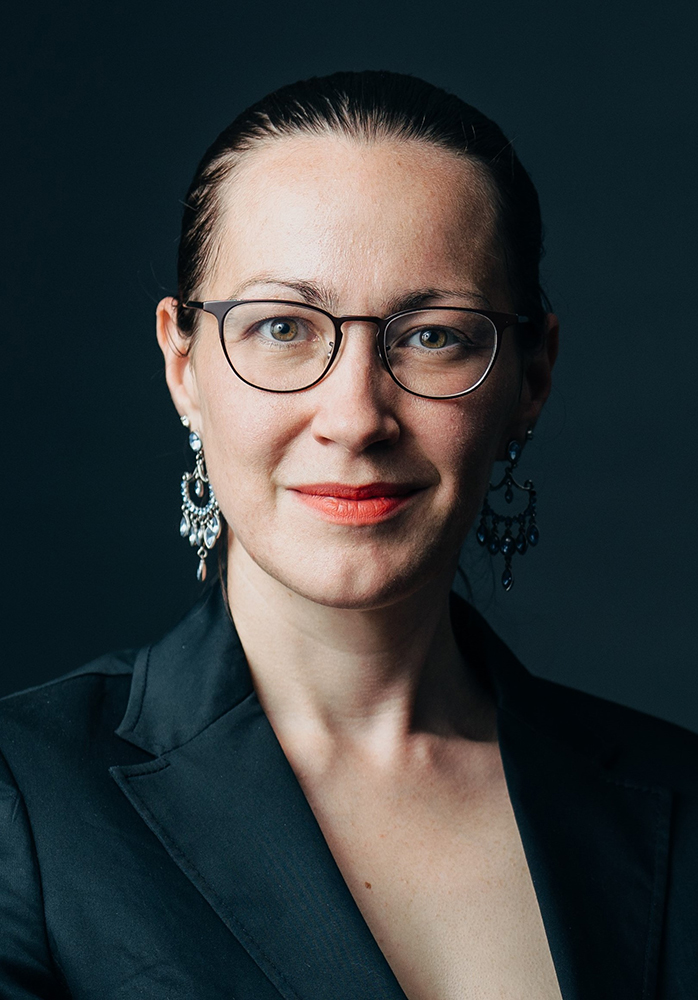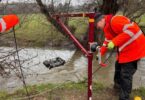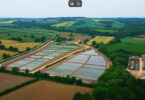In this Water Quality Month Q&A, we spoke with 2S Water Incorporated CEO, Anthea Sargeaunt, about water quality, why it is so important and what her company is doing to improve it.

What do you do at 2S Water Incorporated?
2S Water’s AquaValid sensor detects and quantifies metals in water in real-time. Water quality is highly problematic for many large, worldwide industries, including, among others, food and beverage production. High levels of metal contamination in water can cause increased costs (including machinery damage and increased fuel usage), environmental penalties and fines, lost revenue opportunities, and health issues.
The only current alternative for most detection is laboratory services; a delayed, expensive and error prone process which provides only intermittent, non-integrated data, even when located on site. 2S Water’s proprietary technology provides an automated, real-time, cost-effective solution to these problems which is essential for process optimization, regulatory compliance and early issue identification.
The company can detect up to 40 metals in water in real-time, providing the data directly to the operator’s SCADA system where it is needed. The company’s solution connects directly to the pipe so customers/operators can see the problem as it occurs and can take immediate action to prevent these problems.
Why is water quality still a topic of concern globally?
Water is a basic human need, but it’s also highly important for many industrial purposes. With competing stakeholders and many different factors that go into water safety, it’s an issue that’s going to be an ongoing concern for a long time.
Why is Water Quality Month important to you?
Water quality is where we want to have our impact on the world. Everyone does their bit, ours is in creating the data that is needed to ensure water quality. Metals in water can have so many impacts on humans and the environment, and they are generated by many industrial processes – making our work vital in the control and maintenance of water quality.
What role does the water industry play in improving water quality?
The water industry is the hub of water quality. We can only make water as clean as the latest technology, and those technologies only get proven with the help of the water industry. Pushing innovation and pushing standards and expectations around water quality is just one of the roles that the industry plays on the global stage. We’ve always been pleasantly surprised by the dedication and commitment we see in the water industry towards achieving excellence in water quality and water protection, and we’re thrilled to be a part of that.
What steps are you taking to help improve water quality?
Our sensor creates data that operators need to track and control quick changes in water quality. Without that data, changes in conditions can mean that environmental standards aren’t met despite the best efforts of everyone involved. Data is key to control, and that’s what we provide.
If you could change one thing about the way water quality is managed currently, what would it be?
We would increase real-time monitoring and quick responses! As technology advances, we can treat more and do better, but only to the level we understand the chemical composition of the water. Knowledge is the start of all change, and we’d like to see more real time knowledge produced about water so operators and consumers alike can make the right decisions
What are your hopes for the future of our water sources?
Our hope is that they are protected for future generations. We build today the platform for the future. 2S Water are dedicated to seeing that future filled with safe clean sources of water that support natural ecosystem and human populations alike.
What role do you think technology will play in securing water quality?
Technology is key. With every new advance in another field, we need the water industry to stay one step ahead, so we can control water-based contaminants before they become a problem. Adapting new technologies is essential for us to maintain our levels of technological advancement overall, and have those levels of advancement move in a sustainable and ethical manner. As with everything, in the end, it all comes down to water.
Do you have an article to share? Click here to submit or if you’d like to subscribe to our weekly newsletter, click here.







